I have a confession. I am tired of staying in Airbnbs.
This hopefully doesn’t equate to that kind of ‘tired of London, tired of life’ ennui. However, I am also guilty as charged of staying in Airbnbs, too often. In my defence, this has been a bit of a necessity recently. We’re moving between countries over the summer holidays and currently living out of suitcases.
Don’t get me wrong, I love hotels. Big, faded-elegance type seaside hotels are my favourite. But hotels don’t work for more than a couple of nights, especially when you have kids in tow. They’re expensive and the three of us inevitably end up in a too-small family room, leading to fractiousness. I invariably get the lumpy fold down bed. And then there are no cooking facilities. Takeaways ahoy.
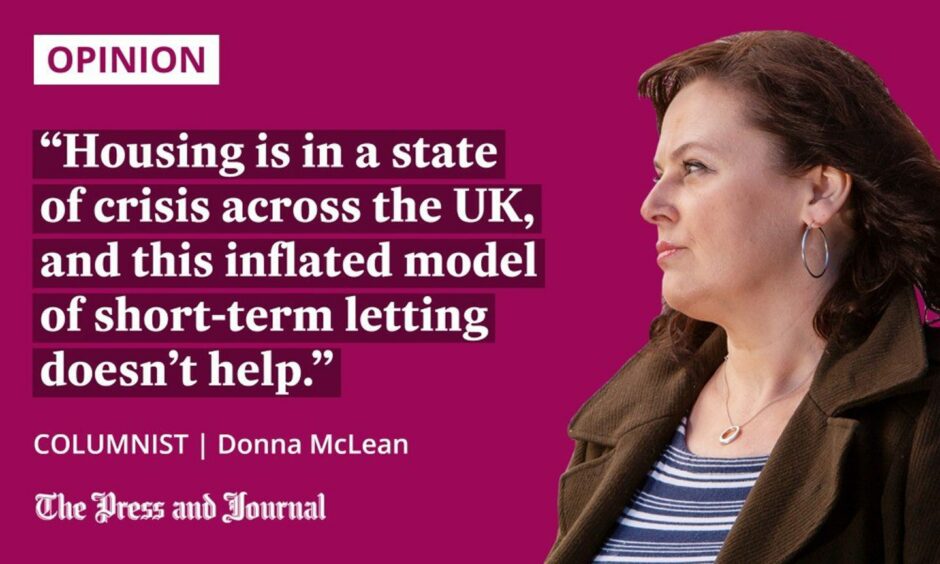
But the Airbnb model is far from perfect. We gained access to our current Airbnb three hours late on Sunday, after a mix up with bookings. The previous visitors paid for a very late check out and of course the place had to be cleaned.
When we finally got in, after spending hours in a café, there was no hot water and I discovered that every bin was full to the brim with Prosecco and beer bottles. Party? Not me, folks. All I wanted was a hot bath.
So, it was interesting to see the announcement this week that Edinburgh is initiating the first curb on short-term lets in Scotland, because too many homes are being lost to the holiday market. The Scottish Government has approved changes to planning laws in the capital, following appeals from the city council.
Edinburgh are taking control of short-term lets
The success of companies like Airbnb has caused a huge rise in the number of properties being let to holidaymakers on a short-term basis. An astonishing third of all short-term lets across Scotland are in Edinburgh – causing the alarmed city council to agree a strategy to limit numbers.
Housing Secretary Shona Robison said: “Edinburgh was the first local authority in Scotland to propose a short-term let control area and Scottish Government approval represents a major step forward.”
Really good news from @scotgov on AirBnB and its like. Edinburgh needs the city centre's tenements as homes. https://t.co/oXFtWImgOa
— Tommy Sheppard MP (@TommySheppard) August 1, 2022
New owners of short-term property rentals across Scotland will have to apply to their local council for an operational licence, with existing owners being given until next April to lodge an application.
Edinburgh’s control area will cover the city in its entirety. These changes were passed by the council’s planning committee unanimously, with a resounding 85% of residents who responded to a consultation backing the move.
Short-term letting fuels the housing crisis
Of course, I recognise the role that short-term lets play in providing accommodation, both for holidaymakers and workers. I’d be a hypocrite not to, given my current reliance on them.
However, I think that in certain areas, particularly tourist hot spots like Edinburgh, high numbers of lets have become increasingly problematic for communities and they simply make it harder for people to find a settled home. Housing is in a state of crisis across the UK, and this inflated model of short-term letting doesn’t help.
The recovery of tourism from the depths of the pandemic means the average rate per night for a property in the UK is about 25% higher than it was in 2019, according to Inside Airbnb, which collects data from Airbnb listings. The cost of renting an entire London home on Airbnb has jumped as demand rises again.
The UK government is currently considering restrictions on short-term rentals as part of a recently launched review of the impact services like Airbnb are having on people living in high-demand destinations, including London. Proposed new rules could include regular property inspections to enforce regulations around noise, safety, and antisocial behaviour.
1/ Rooms available to book on Airbnb have rocketed in number in major UK cities. Figures from housing advocacy site Inside Airbnb, analysed by the BBC, show nearly 80,000 rooms or homes in London are listed on Airbnb – more than any other UK city. https://t.co/GyddF6zxf9 pic.twitter.com/skIRCpAfAE
— BBC News Graphics (@BBCNewsGraphics) April 25, 2019
North Yorkshire County Council, very popular with tourists visiting the sweeping national parks, has recently proposed introducing a 100% council tax premium for all second homes in the county from April 2024.
The UK should follow Amsterdam’s example
Airbnb may be a perfect income opportunity for some people, but I stand with Amsterdam on this.
Airbnb caused many problems in the city, including noise and antisocial behaviour. Politicians were determined to save their city from ruin so put a stop to new hotels being built across most of the city centre.
They also limited the number of days people can rent out their homes on Airbnb to a maximum of 30 days a year. Good on them, I say!
As for me, once I am settled in my new house (fingers crossed), I will be limiting the amount of time my family spends in Airbnbs, anywhere on these islands. Maybe a camper van is the answer.
Donna McLean is originally from Ayrshire and is a mum of twins, writer and activist.
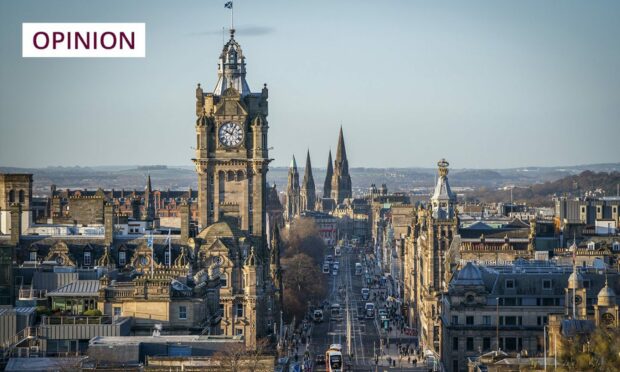
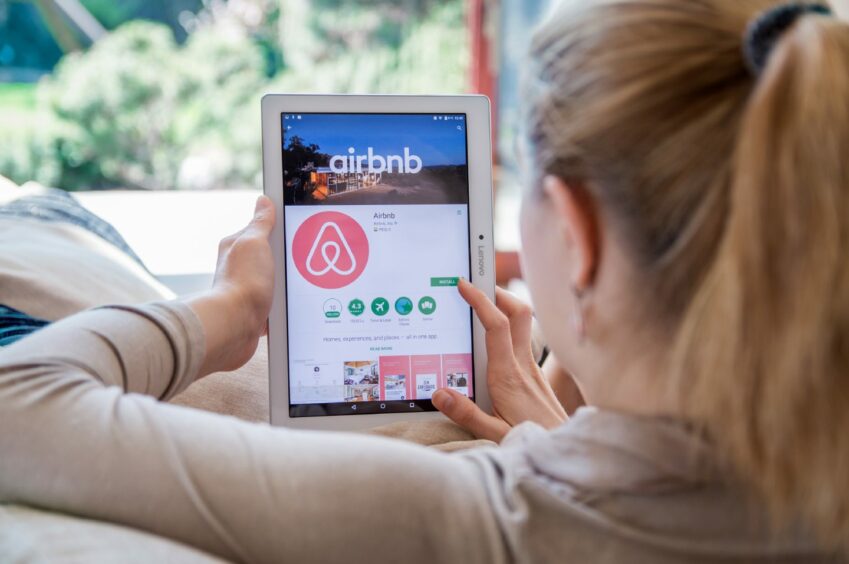

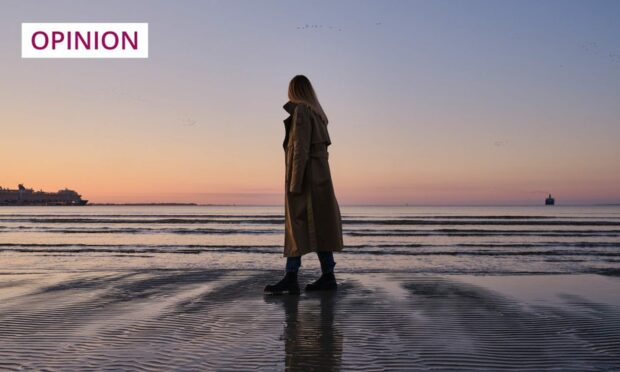

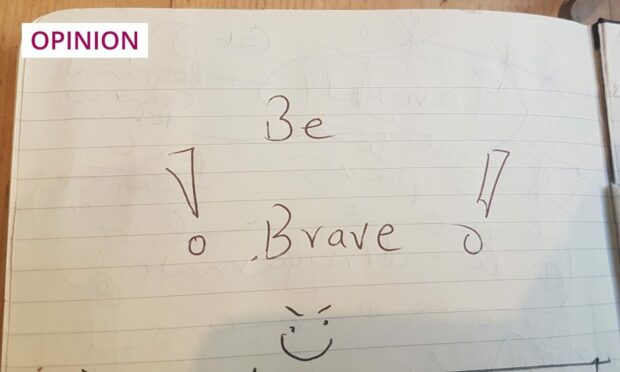

Conversation